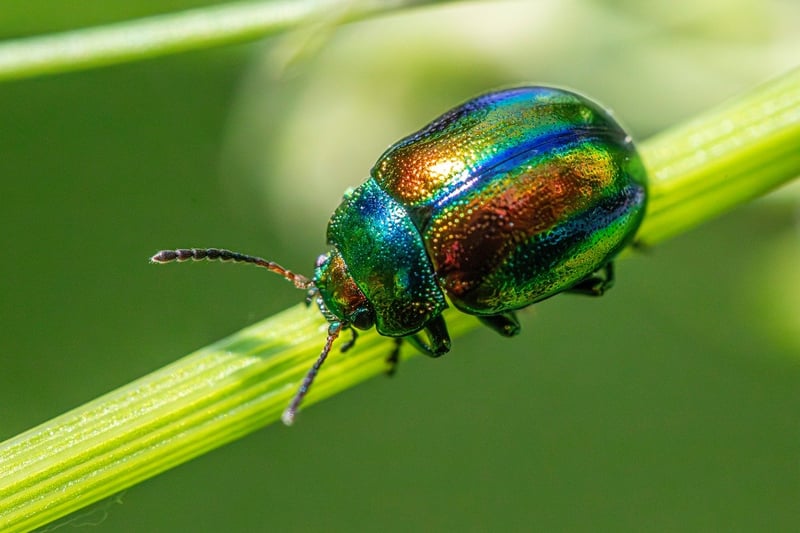Pest Control
Keeping Your Garden Healthy: Effective Pest Control Tips
Having a beautiful garden is a joy, but pesky pests can wreak havoc on your plants. Here are some effective tips to keep your garden healthy and pest-free:
1. Choose Resistant Plants
Opt for plants that are naturally resistant to common garden pests. Examples include marigolds, lavender, and basil, which have natural pest-repelling properties.
2. Practice Crop Rotation
Rotate your crops each season to prevent pests from building up in the soil. This method disrupts their life cycle and reduces the likelihood of infestations.
3. Use Organic Mulch
Organic mulch not only helps retain moisture and suppress weeds but also attracts beneficial insects that prey on garden pests. Examples of organic mulch include straw, shredded leaves, and grass clippings.
4. Handpick Pests
Inspect your plants regularly and handpick any visible pests such as caterpillars, snails, or beetles. This method is particularly effective for smaller gardens with fewer plants.
5. Introduce Beneficial Insects
Release beneficial insects like ladybugs, lacewings, or praying mantises into your garden. These natural predators feed on common garden pests and help maintain a healthy ecosystem.
6. DIY Pest Sprays
Create your own natural pest sprays using ingredients like neem oil, garlic, or hot pepper spray. These homemade remedies can effectively deter pests without harming beneficial insects or plants.
7. Neem Oil
Neem oil is a natural pesticide derived from the neem tree. It is effective against a wide range of pests and is safe to use on most plants. Dilute according to instructions and spray on affected areas.
8. Companion Planting
Practice companion planting by pairing plants that benefit each other. For example, planting onions alongside carrots can help deter carrot flies. Research companion planting combinations for natural pest control.
9. Remove Infested Plants
If a plant is severely infested and cannot be saved, remove it from your garden to prevent the pests from spreading to other plants.
10. Regular Maintenance
Keep your garden tidy by removing debris, fallen leaves, and weeds regularly. Pests often hide in these areas, so maintaining a clean garden can help prevent infestations.

By following these tips and staying proactive, you can effectively control pests in your garden and promote a healthy, thriving environment for your plants to flourish.
Remember, a little prevention and maintenance can go a long way in keeping your garden pest-free and beautiful!
